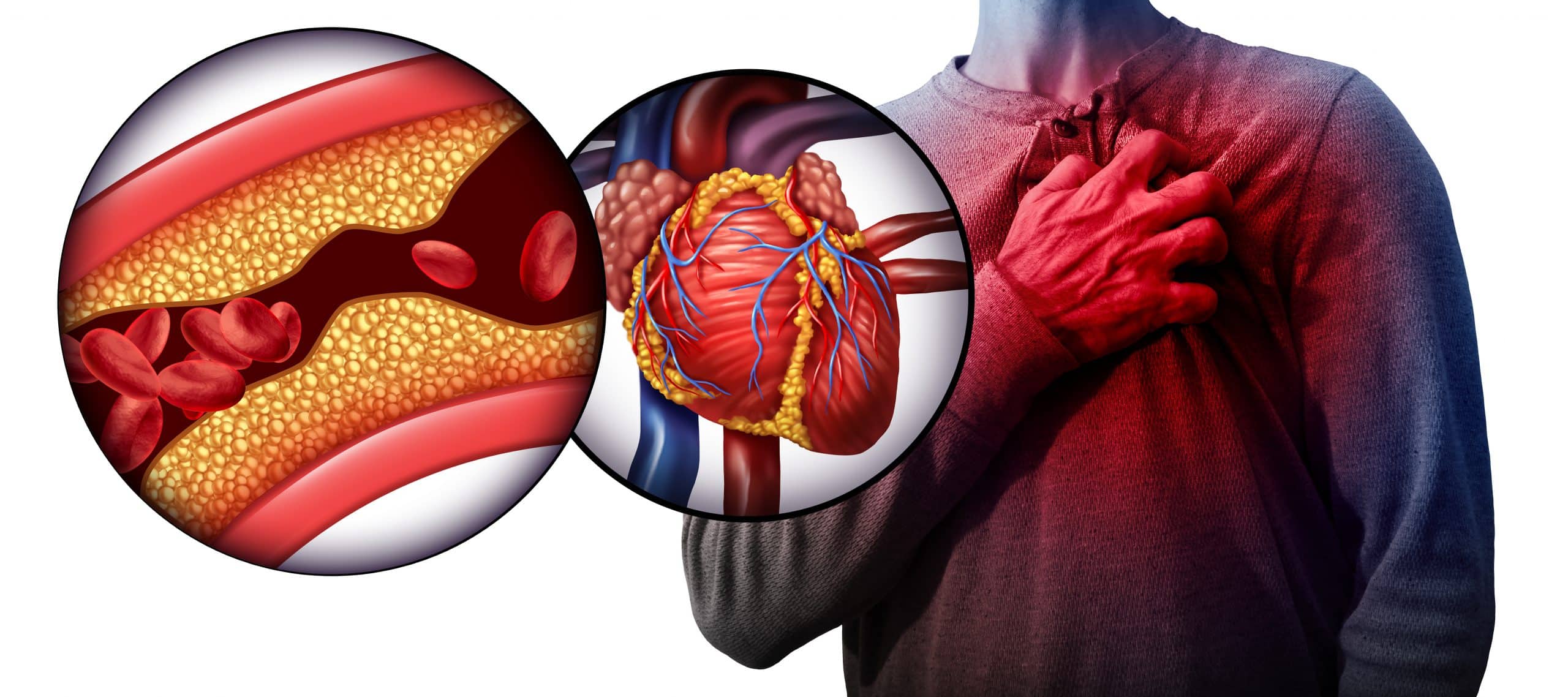Menopause is the period during which a woman’s body undergoes certain changes that result in the ceasing of menstruation. This usually occurs around the ages of 45-50 for most women but varies for each individual. While many assume that it only impacts women from a gynecological standpoint, in fact, it is a holistic change that can impact a variety of factors within the body.
One of the most common side effects is a change in cardiovascular health. Heart disease is currently the top killer for women in the U.S., but it often goes undetected in the throws of this transformative period. Here are some of the ways that menopause can impact your cardiovascular health, how to spot these changes, and how to tackle them like a champ.
Heightened Blood Pressure

One of the main components of menopause is the changes in hormones, Estrogen being the main culprit. Women undergoing menopause experience a significant drop in their estrogen levels, which has been heavily linked to a spike in blood pressure ratings. When estrogen levels decline, your heart and your blood vessels stiffen and lose some of their elasticity. Due to this change, blood pressure levels rise. Increased blood pressure is known to strain the heart when it exceeds healthy levels.
Increase in A-Fib
A-fib is a condition where an irregular beat occurs between the “lub” and “dub” of the heart’s rhythm. It can lead to cardiac events such as heart attack or stroke if not managed correctly. This condition requires the assistance of a medical professional, so get your heartbeat checked regularly by a doctor during this period to catch it if it arrives, as the risk for this condition is elevated during menopause.
The changes in hormones can cause an increase or change in heart rate by over-stimulating the heart, which can sometimes result in atrial fibrillation. Additionally, A-fib can be brought on by high blood pressure, as a result of strain on the heart muscles, and as previously discussed, high blood pressure is a common side effect of menopause.
High Cholesterol
The drop in estrogen also has an impact on your cholesterol levels. Your HDL (the “good” kind) may decrease while your LDL (the “bad” kind) levels spike. This new imbalance can have a wide variety of negative results, such as chest pain, and even cardiovascular events such as heart attacks and strokes.
Weight Gain
As discussed, your hormone levels drastically change when your body is going through menopause. These changes can have an impact on how your body processes and stores fat. It’s very common for women to experience weight gain as a result of this transition. If this gets out of hand, it can lead to obesity, which can potentially develop into atrial enlargement. Atrial enlargement can be remarkably detrimental to your heart health due to blockages and excessive strain on the heart muscles.
Managing the Effects of Menopause
While the hormone changes are natural during this new phase of life, you have to be on the defense to help prevent the possibility of heart disease. You might have to switch up your daily diet and exercise routine, as well as making subtle changes to your lifestyle to combat the effects of menopause. Adopting a healthier diet and a more regular exercise routine are always good ideas, but for those with menopause trying to take down heart disease, it is important to understand why.
Regular exercise will burn calories and help you manage your fluctuating weight. Caffeine and alcohol are often considered trigger foods that can bring about hot flashes and excessive hormone spikes. Try limiting your intake of these things, and eat lots of fruits and veggies to maintain a healthy level of vitamins and minerals. A diet that is low in saturated fat is also recommended to slow the effects of menopause. Additionally, phytoestrogens can mimic the effects of your body’s natural estrogen and supplement for some of the lowered levels you might experience, so eat foods with high levels of phytoestrogens such as soybeans, yams, and chickpeas.



